Leasing Copiers Benefits
Managing office equipment like copiers and printers is crucial for growing your business. The choice between buying and leasing a printer can impact cash flow and efficiency. Leasing copiers through a leasing company typically reduces upfront costs, as the equipment remains the property of the leasing company. Unlike buying office equipment outright, leasing offers access to the latest tech and helps with budget planning. Understanding the total cost of leasing versus buying the equipment is essential, as leasing and buying have distinct benefits. This guide explores how to use the copier strategically, manage office supplies, and structure a lease to boost ROI.
What Does It Mean to Lease a Copier for Your Business?
Leasing a copier means entering into a contractual agreement with a leasing company to rent the equipment for a set period. Instead of paying the entire cost of a copier upfront, your business pays smaller, fixed monthly payments over the lease term, which can range from one to five years. This allows companies to use top-tier office equipment without the immediate capital expense.
A copier lease usually includes additional services like maintenance, repairs, and even upgrades, depending on the terms of the lease agreement. Businesses can choose from a variety of leasing options tailored to their needs, ensuring they get the most out of their leased equipment.
Key Elements of a Copier Lease:
- Lease Term Options: The duration of a copier lease, typically between 36 to 60 months.
- Lease Payment Structure: Fixed monthly payments, which can vary based on the type and number of machines.
- Maintenance and Service Plans: Many leases come bundled with service agreements, reducing the hassle of managing equipment issues.
- End-of-Lease Choices: Businesses often have the option to renew, upgrade, buy, or return the equipment at the end of the lease term.
Copier Lease vs. Buying: What’s the Best Option for Your Business?
Key Business Needs Addressed by Copier Leasing
Growing companies often face unique challenges in managing resources, staying competitive, and ensuring smooth day-to-day operations. Leasing a copier addresses several core business needs:
- Scalability: Leasing allows businesses to scale their office equipment needs up or down as the company grows or changes direction.
- Cash Flow Management: By spreading costs over monthly payments instead of a large upfront purchase, leasing preserves cash flow for other critical areas like marketing or hiring.
- Access to Advanced Features: Modern copiers offer advanced features like scanning, cloud integration, and secure printing. Leasing enables businesses to leverage these features without a heavy initial investment.
Leasing a Printer or Copier: Choosing the Right Office Equipment
Choosing whether to lease a printer, a copier, or a multifunction device can be challenging. The decision should be based on your business’s specific needs, such as document volume, type of printing, and available office space.
Key Considerations:
- Volume Needs: If your business handles a high volume of document printing or copying, a multifunction copier may be ideal.
- Color vs. Monochrome: Businesses with design, marketing, or presentation needs should opt for a color copier lease.
- Space and Layout: Smaller offices may benefit from compact multifunction printers, while larger spaces can accommodate standalone copiers.
Exploring these factors will help determine whether you need a simple printer lease or a more robust copier lease agreement.
How to Structure Your Copier Lease Agreement for Maximum Benefit
A well-structured office copier lease can differentiate between a smart investment and an unnecessary expense. When considering copier and printer leasing, start by choosing a length of the lease that suits your business’s growth—shorter terms for rapid expansion and longer ones for stable monthly payments. Leasing or financing your copier should include maintenance and support to avoid unexpected costs. Additionally, leasing provides flexibility for upgrades or adding devices as needs evolve. At the end of your lease, ensure you have options to upgrade, buy, or return the copier, as the term of the lease should accommodate your growth. Ultimately, whether you lease a device or buy a printer outright depends on your cash flow and tech requirements, but leasing a copier allows companies to stay agile with minimal upfront investment in new equipment.
The Advantages of Leasing a Copier for Your Business
Leasing a copier offers multiple benefits to businesses, especially for companies that need to keep their operations agile and efficient. As businesses expand, leasing enables them to adapt to changing needs without heavy financial burdens or the risk of owning depreciating equipment. Here are the key advantages that make leasing a copier an attractive choice for growing companies:
Lower Upfront Costs and Predictable Expenses
One of the biggest benefits of leasing a copier is the reduced financial strain on a company’s budget. Instead of a large upfront cost, leasing spreads the expense over a series of monthly payments, making high-quality office equipment accessible even to small and mid-sized businesses.
- Preserves Cash Flow: Leasing allows companies to allocate their funds to other business priorities, such as marketing, product development, or expanding the workforce.
- Budget-Friendly Payments: With a predictable monthly payment structure, businesses can better plan their budgets without worrying about unexpected expenses.
Access to the Latest Technology Without Large Investments
The technology landscape is constantly evolving, and copiers are no exception. Leasing ensures that businesses always have access to the latest features and advancements, such as cloud printing, mobile compatibility, and enhanced security features.
- Automatic Upgrades: Many leasing agreements include options for upgrading to newer models during or at the end of the lease term.
- Improved Productivity: Up-to-date copiers often come equipped with faster processing speeds, energy-efficient designs, and advanced document management capabilities, boosting overall efficiency.
Flexible Lease Terms for Changing Business Needs
As businesses grow, their equipment needs often change. Leasing provides the flexibility to adapt to these evolving requirements without the limitations that come with owning a copier.
- Adjusting to Growth: Lease agreements can be customized to include additional equipment or upgrades, making it easy to scale up without major disruptions.
- Early Termination Options: Some leases offer early termination clauses or allow for equipment swaps, which can be beneficial if your business needs shift significantly.
Simplified Maintenance and Support
Maintenance and repairs are typically bundled into copier lease agreements, relieving your team from the hassle of dealing with breakdowns or arranging for service.
- Reduced Downtime: With regular servicing included, leased copiers experience fewer disruptions, keeping your business running smoothly.
- Less Administrative Burden: Maintenance agreements mean your team spends less time managing equipment and more time focusing on core business activities.
Tax Benefits of Leasing a Copier or Printer
Leasing a copier can offer significant tax advantages. Unlike purchased equipment, leased copiers are often classified as operational expenses, which may be fully deductible depending on the lease agreement and local tax regulations.
- Tax Deductions: Monthly lease payments are generally considered a business expense, which can be deducted from your taxable income.
- Section 179 Benefits: Under IRS Section 179, businesses may also be able to deduct the full purchase price of leased equipment if they choose to buy it at the end of the lease period.
To maximize these tax benefits, businesses should consult with a tax professional to understand how copier leasing fits into their overall tax strategy.
Reduced Risk of Equipment Obsolescence
Technology changes rapidly, and office equipment can quickly become outdated. By leasing, businesses can minimize the risk of owning obsolete technology.
- Always Up-to-Date: Leasing agreements typically include options for upgrading to the latest models, ensuring your company stays competitive.
- Avoid Depreciation Costs: Copiers depreciate over time, making ownership less appealing for businesses that value cutting-edge technology.
Leasing protects businesses from the financial impact of obsolescence, enabling them to maintain optimal productivity without the burden of selling or disposing of outdated equipment.
Cons of Buying a Copier or Printer for Small and Growing Businesses
While there are pros and cons of buying a copier, for small and growing businesses, the advantages of a copier lease often outweigh buying a printer or copier outright. The high upfront costs of purchasing one can strain budgets, making buying vs leasing a key consideration for meeting print and copy needs. A purchased copier requires ongoing maintenance and repair, whereas lease contracts typically include these services.
Additionally, a lease for your business allows flexibility to upgrade at the end of a lease, avoiding obsolescence—a common issue when you buy your copier. Choosing to buy or lease an office copier depends on business goals, but many copier lease options offer better scalability, especially if you’re leasing for a new office. Buying and leasing a copier both have benefits, but for a growing business, leasing an office printer or new copier ensures you stay ahead of technology, making it a smart alternative to owning a printer that may quickly become outdated.
Buy or Lease a Copier? Factors to Consider
Deciding whether to buy or lease a copier requires careful consideration of your business’s specific needs, financial situation, and growth plans. Here’s a breakdown of key factors to guide your decision:
- Document Volume: High-volume printing businesses may benefit more from leasing to ensure they have top-performing equipment.
- Cash Flow: If maintaining a healthy cash flow is crucial, leasing may be the better choice as it spreads out the financial burden.
- Technology Requirements: Companies that require the latest technology should consider leasing to stay up-to-date without frequent large investments.
- Long-Term Plans: Businesses that plan to use the same equipment for many years may find buying more cost-effective in the long run.
Copier Lease Options: Finding the Right Solution for Your Business
Choosing the right copier lease involves more than just picking a machine. It’s about selecting the best provider and agreement structure that aligns with your business’s goals. Consider the following when exploring copier lease options:
- Reputation of the Leasing Company: Work with a provider known for reliability, transparency, and responsive customer support.
- Lease Agreement Flexibility: Look for lease terms that offer the flexibility to upgrade, adjust payments, or add equipment as needed.
- Service and Support Packages: A good leasing partner will include comprehensive support packages to keep your equipment running smoothly.
End of the Lease: What Are Your Options?
When your copier lease period ends, you typically have several options, each with its own advantages and considerations:
- Upgrade to a New Model: This is a great option for businesses that want to stay on top of the latest technology.
- Purchase the Copier: Some leases offer a buyout option, allowing you to purchase the copier at its depreciated value.
- Renew the Lease: Extending the lease can be a good choice if the equipment still meets your needs.
- Return the Equipment: If your needs have changed, returning the copier without incurring additional costs can help you reassess your equipment strategy.
The Impact of Copier Leasing on Cash Flow and Business Growth
For growing companies, leasing can have a profound impact on cash flow and overall business growth. By preserving capital and providing access to modern technology, leasing allows businesses to allocate resources more strategically. The freed-up cash can be reinvested in other areas, such as marketing, talent acquisition, or expanding product lines, ultimately supporting business growth.
Real-World Example:
A small marketing firm that chose to lease rather than buy a high-end copier was able to use the saved capital to invest in a new digital marketing campaign. This led to increased revenue, which far outweighed the cost of the copier lease.
FAQ Section: Answering Common Questions About Copier Leasing
- What are the main benefits of leasing a copier for a small business?
Leasing provides cost savings, predictable expenses, and access to the latest technology without large upfront investments. - Is it better to lease or buy a copier?
Leasing is ideal for businesses that need flexibility and regular upgrades, while buying is better for those looking for long-term equipment use. - What is typically included in a copier lease agreement?
Standard lease agreements often include the machine itself, maintenance, repairs, and sometimes even consumables like toner. - What happens at the end of a copier lease term?
Businesses can typically renew, upgrade, purchase, or return the equipment based on their needs and the lease agreement. - Can I lease a copier or printer if my business is just starting out?
Yes, many leasing companies offer plans tailored to new businesses with flexible terms and affordable monthly payments. - How do I choose the right copier lease for my office needs?
Assess your document volume, space, and specific business needs to select a copier lease that meets your operational goals. - What are the tax benefits of leasing a copier?
Lease payments are generally tax-deductible as an operational expense, which can reduce your overall taxable income




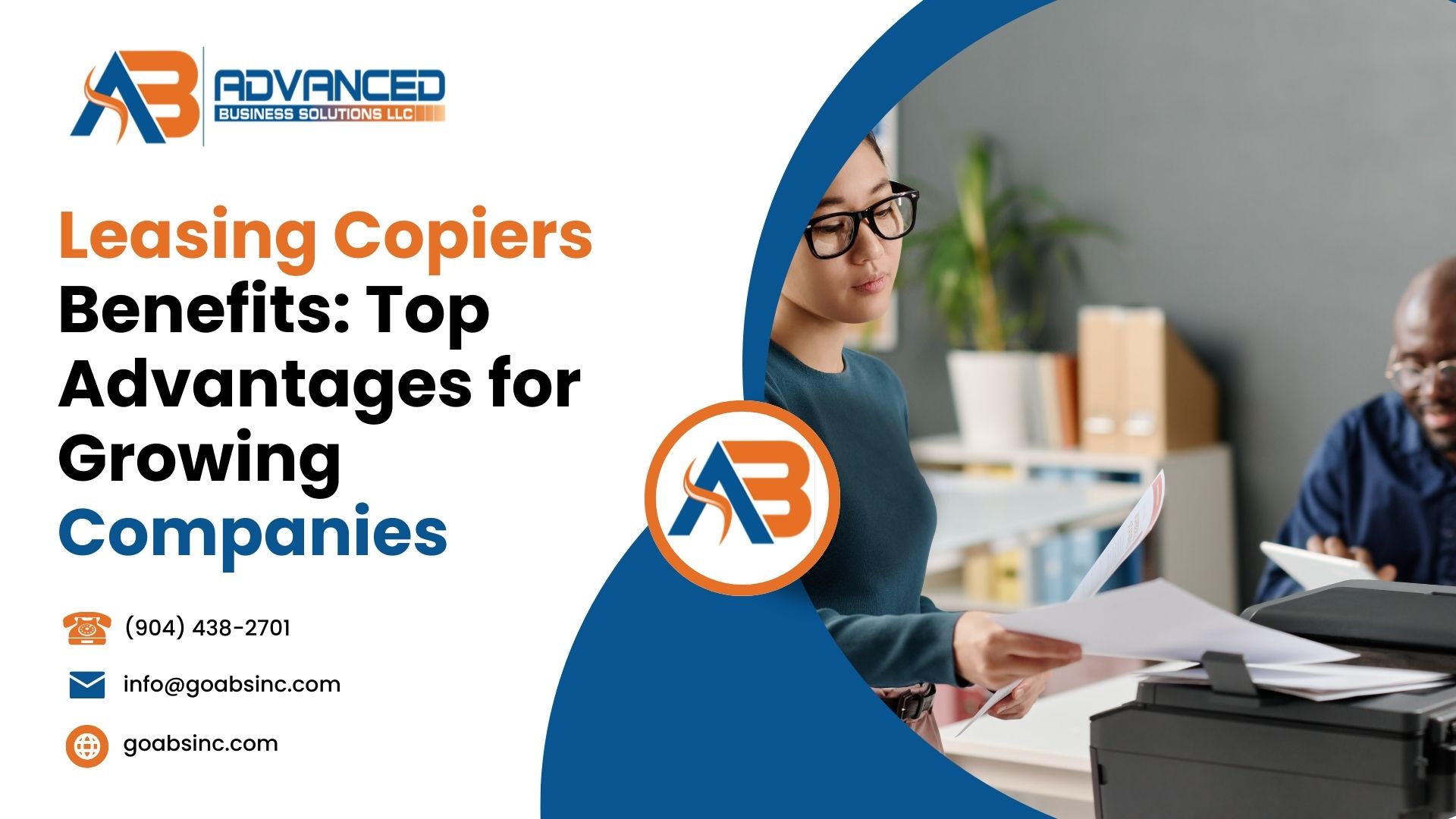



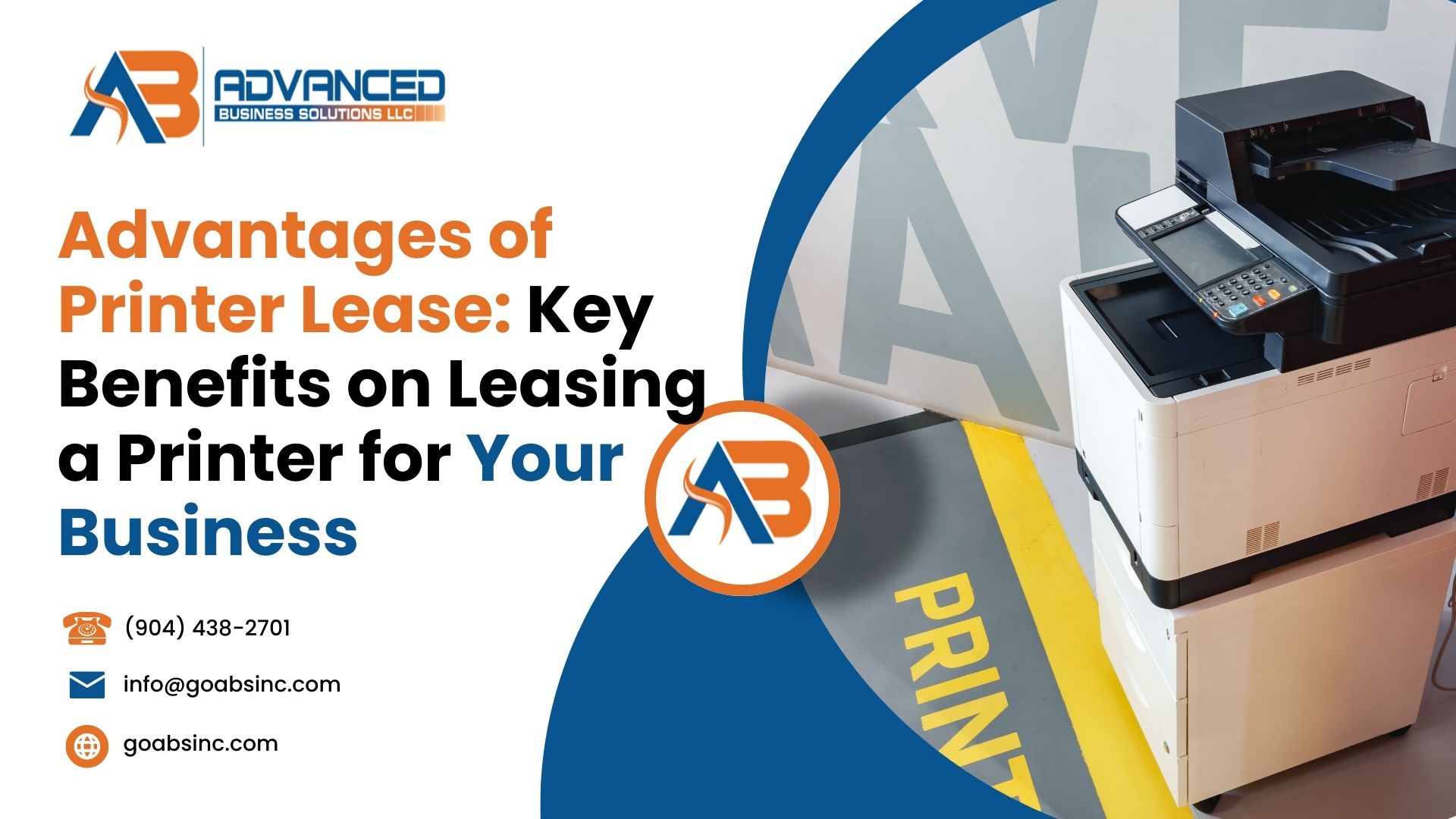
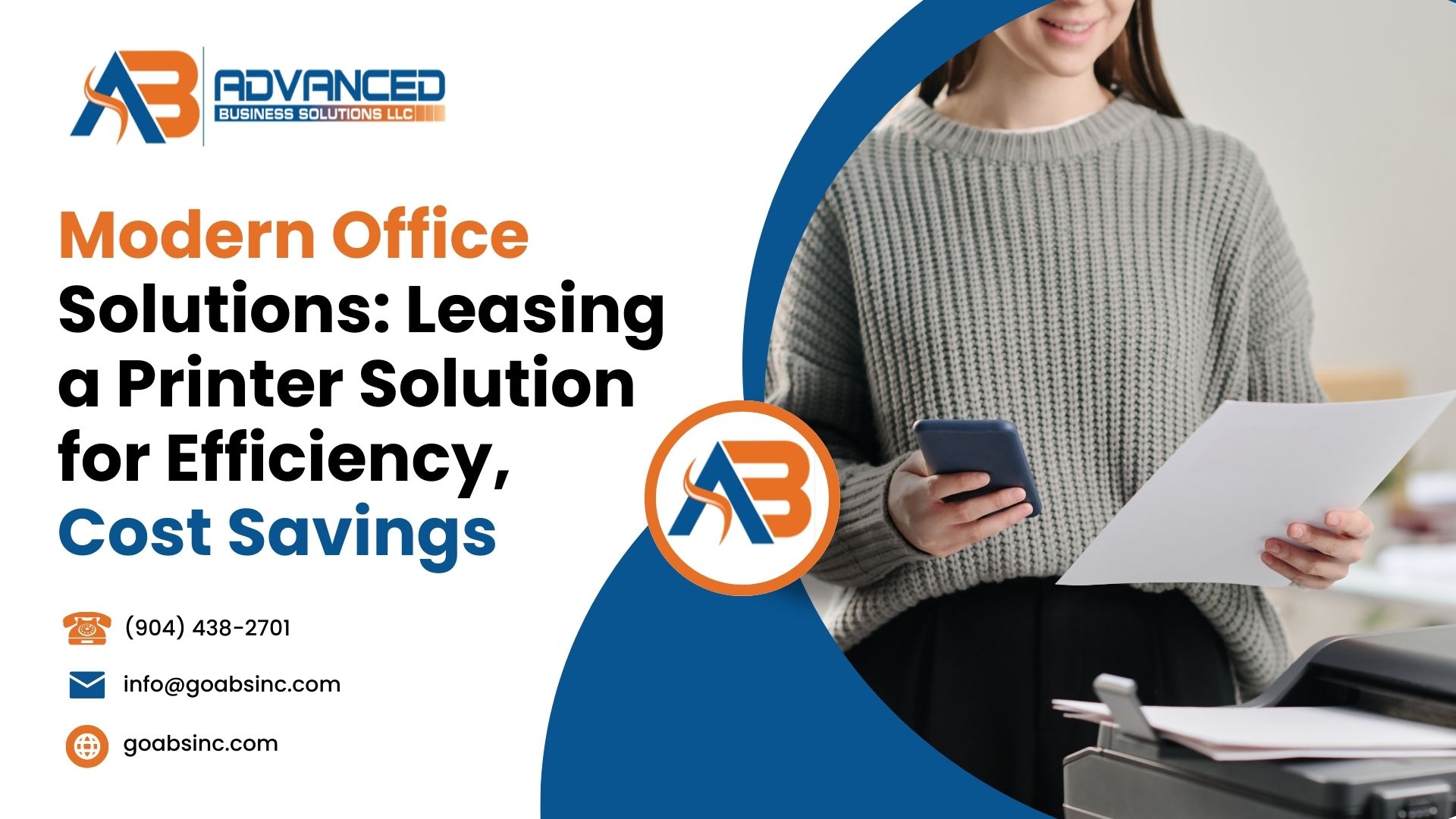
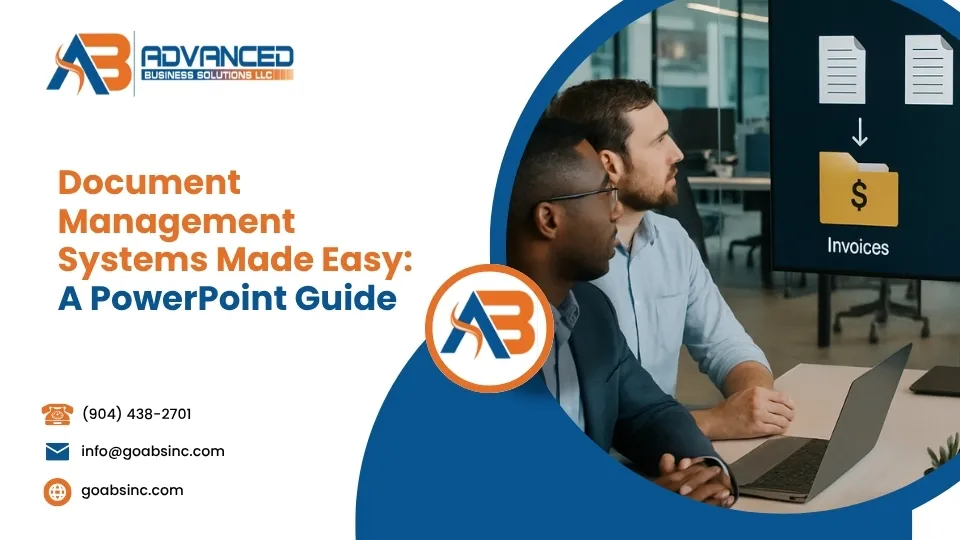

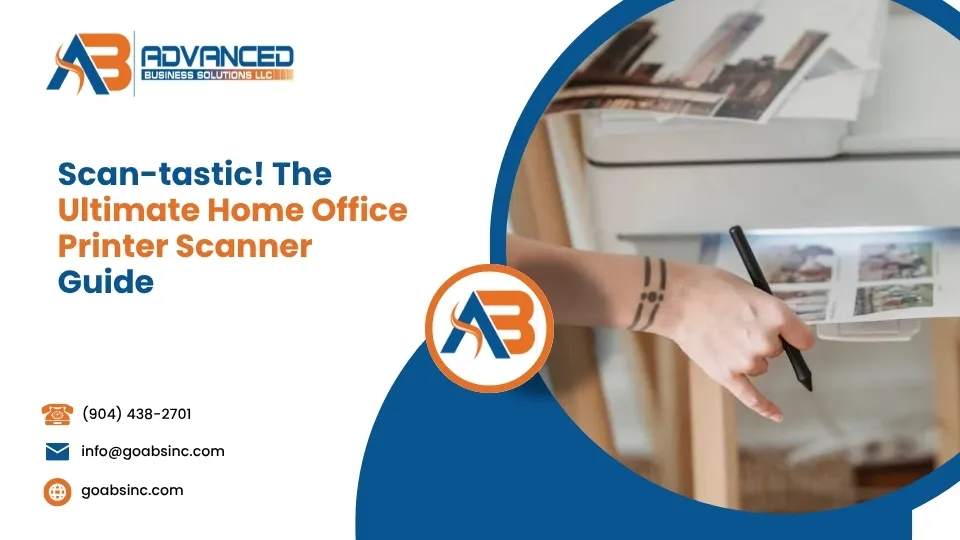
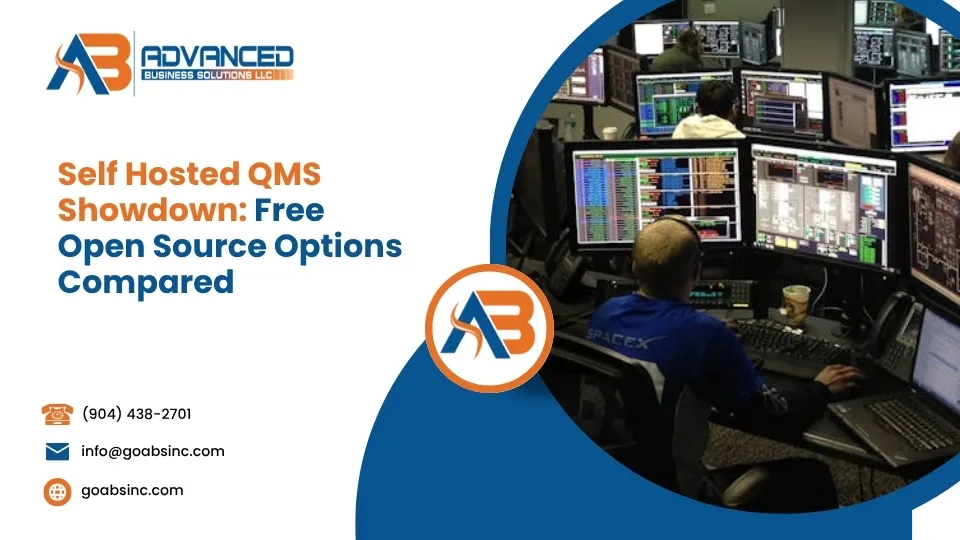
Comments are closed